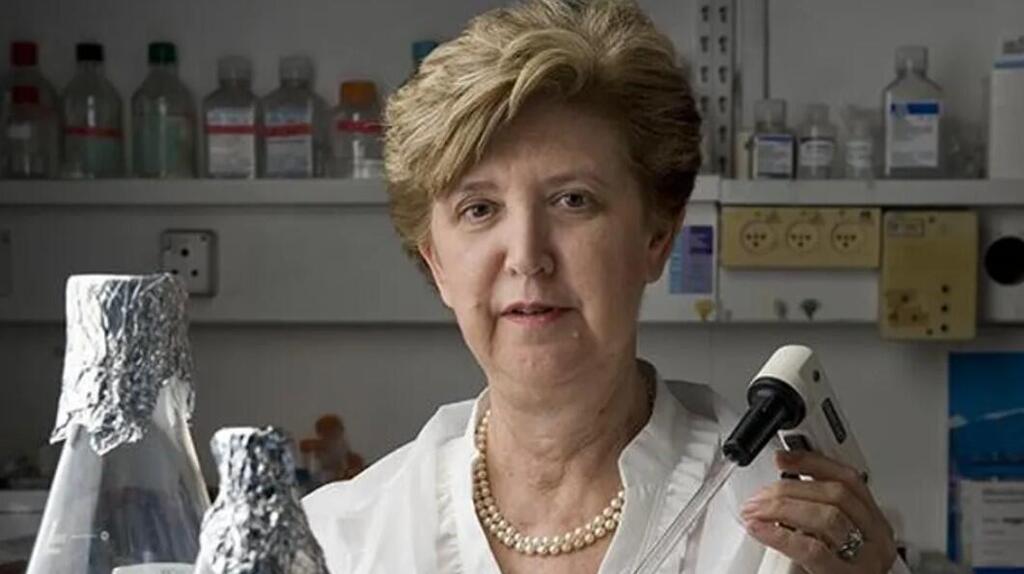Getting your Trinity Audio player ready...
Israeli researchers from Tel Aviv University discovered a mechanism shared by genetic mutations associated with autism, schizophrenia, Alzheimer's and other brain disorders.
The research team was led by Prof. Illana Gozes from the Department of Human Molecular Genetics and Biochemistry at the Sackler Faculty of Medicine and the Sagol School of Neuroscience.
1 View gallery


Prof. Illana Gozes from Tel Aviv University's Department of Human Molecular Genetics and Biochemistry at the Sackler Faculty of Medicine and the Sagol School of Neuroscience
(Photo: i24NEWS)
They also found that an experimental drug called Davunetide that was previously developed in Prof. Gozes' lab was effective in animal models for the mutations and may be suitable for treating rare syndromes that impair brain functions.
The paper was published in the scientific journal Molecular Psychiatry.
The genes in which the mutations occur are ADNP and SHANK3. "We discovered that in some mutations, a section added to the protein protects it and reduces the damage by connecting to a control site of the neuron's skeletal system," Prof. Gozes said in a statement from Tel Aviv University.
"We know that this same control site is found on SHANK3 – a much-studied protein, with mutations that are associated with autism and schizophrenia. We concluded that the ability to bond with SHANK3 and other similar proteins provides some protection against the mutation's damaging effects."
Prof. Gozes is also director of the Adams Super Center for Brain Studies at Tel Aviv University.

